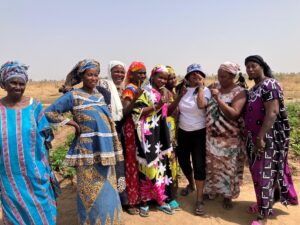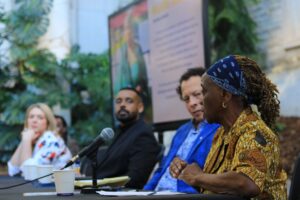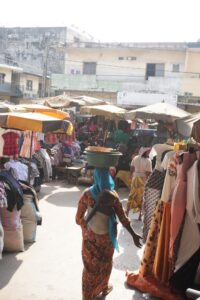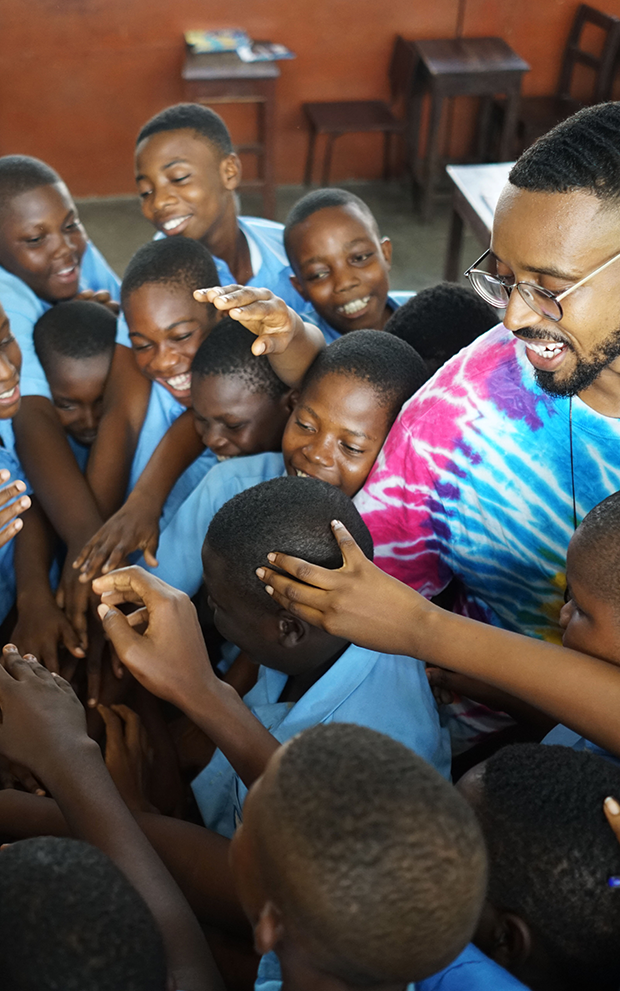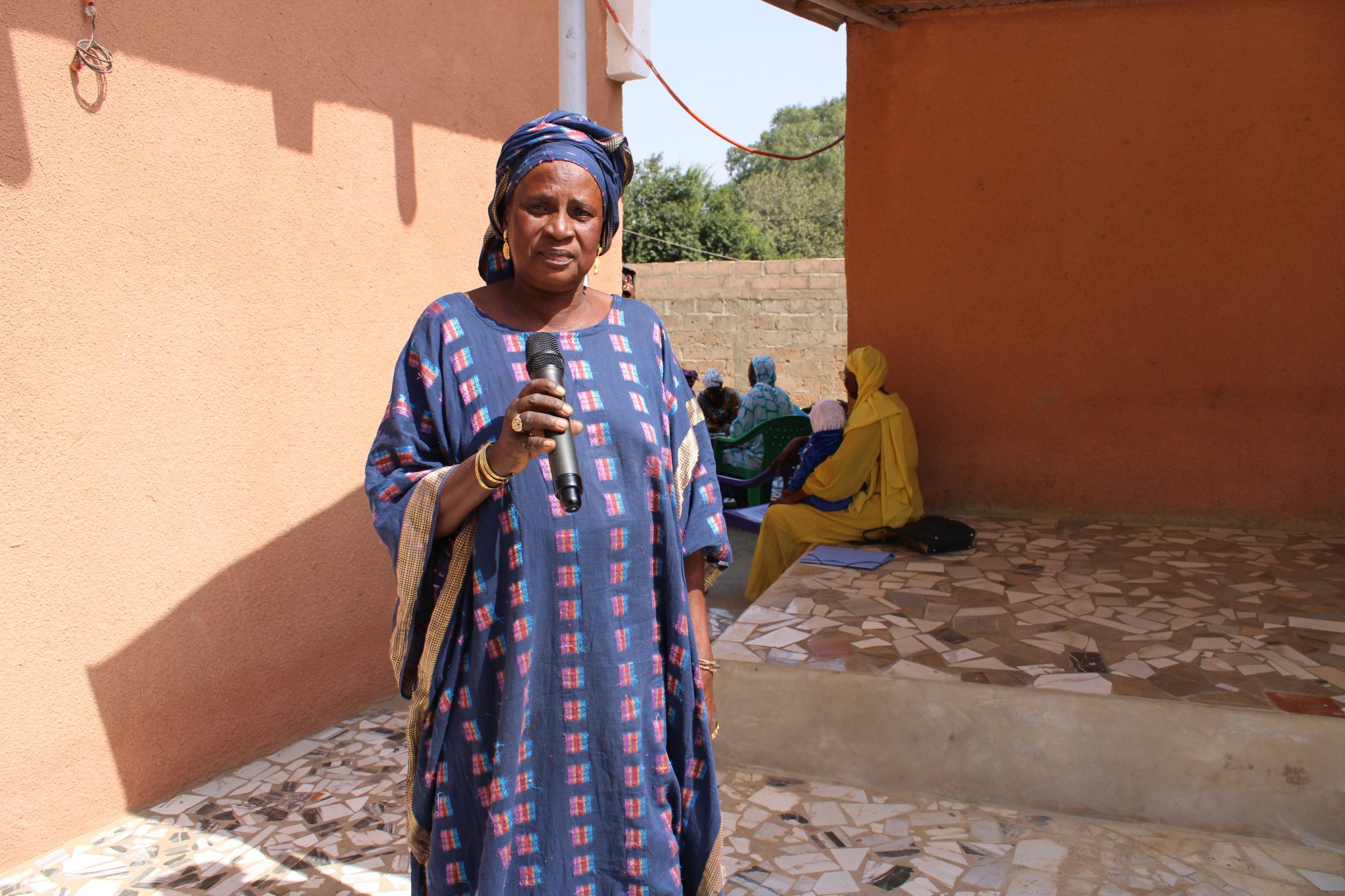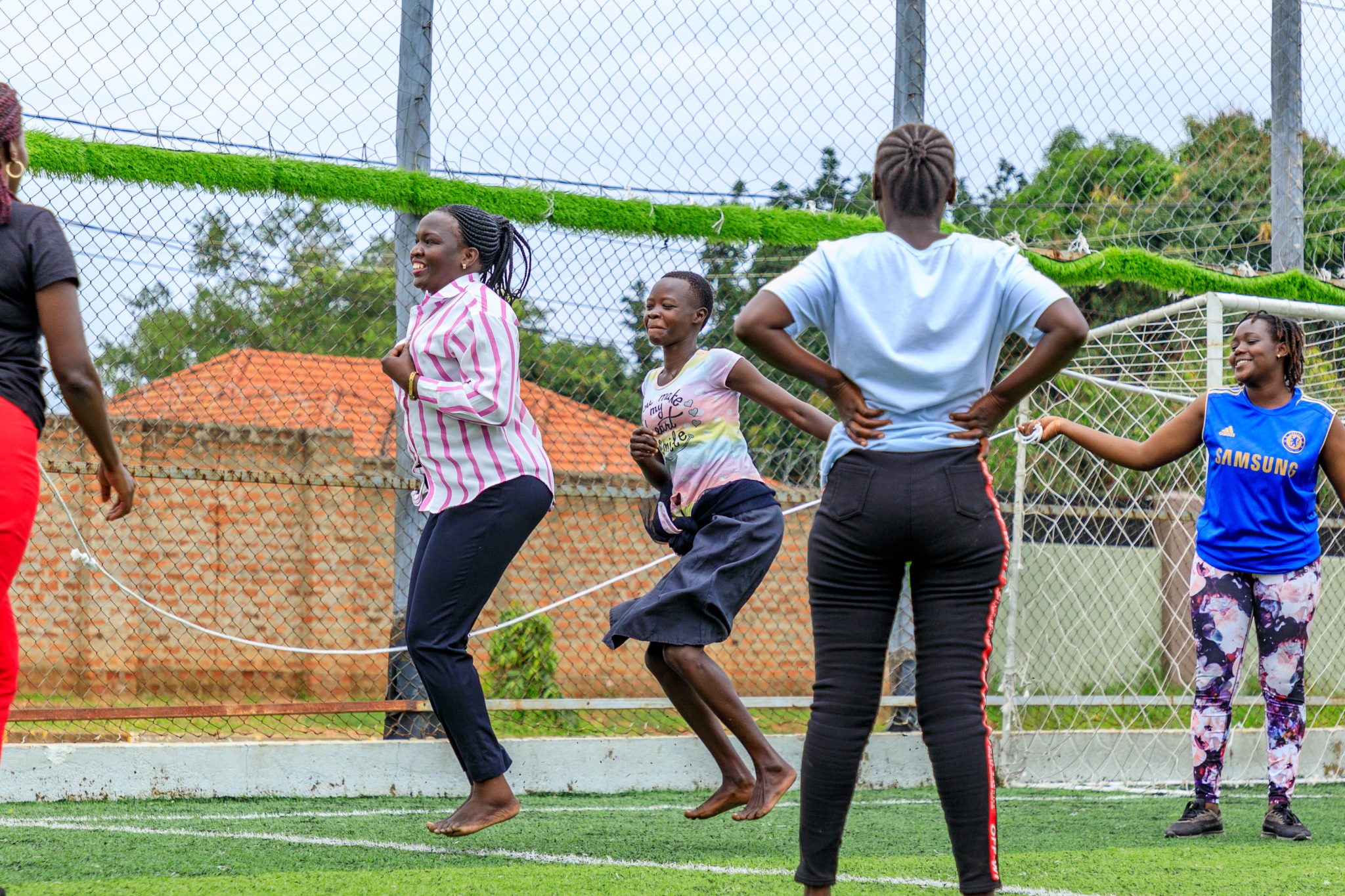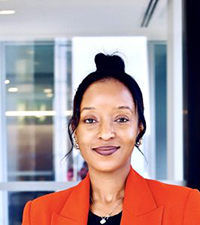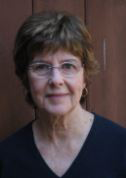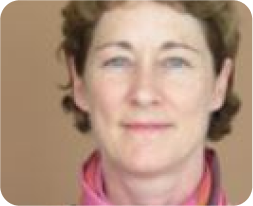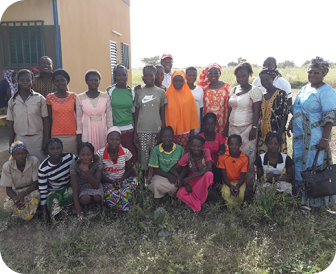For most of her adult life, Poki Musa made a living performing female genital mutilation on the girls in her village. That all changed when she discovered Crossroads’ partner TGNP, a Tanzanian organization who fights for women’s rights . Here’s how her life was transformed.
By Jacqueline Kovacs

Poki Musa never gave much thought about how she earned a living. She was the woman who “circumcised” girls in her village, just outside of Kipunguni, a rural suburb of Dar es Salaam, Tanzania. After all, the cutting of the local girls’ genitalia had been part of village life long before she took up the practice.
“It was how I grew up,I grew up knowing that was what we did. It never bothered me.”
It was tradition, a mark of womanhood and a means to an early marriage.
It was also a livelihood. Parents would pay her TSH 12,000* for her services and she would perform the procedure on 30 to 40 girls every December. From December to December, though, she had no other means to earn money.
But Poki’s life took a major turn when a member of the Tanzania Gender Networking Programme (TGNP) invited her to the organization’s Knowledge Centre in Kipunguni. The aim was to show Poki that there were other ways to make a living.
TGNP is a non-profit organization based in Dar es Salaam, Tanzania’s largest city, focused on improving the lives of girls and women in the areas of economic empowerment, fostering leadership and fighting gender-based violence and female genital mutilation. With the support of like-minded organizations such as Crossroads International, TGNP engages women and men at the community level to raise awareness about their rights, problem-solve as a group and provide real-life skills training to help people earn a living that doesn’t do harm.
For Poki, meeting with TGNP came at the perfect time.
“I wanted to get introduced to the Knowledge Centre group because of the work I was doing before, I wanted to do something else – something that would give me financial stability.”
That stability came as Poki learned new agricultural skills—skills that enabled her to plant and grow her own vegetables to both feed herself and to sell. Unlike her life as a cutter, this new livelihood pays her throughout the year. She doesn’t even consider returning to her old life. “It’s been five years since I gave it up and I don’t want to go back to doing it because now I am getting help from this group,” she says.
“I can sell whatever I am planting, and if I still need help or if I can’t sell enough, I can still get help from the group. When I was cutting, I would only get money in December.”

With the support of Crossroads International, TGNP is able to reach out to women like Poki to help stop FGM in Tanzania. With Knowledge Centres at the grassroots level, TGNP can identify FGM practitioners, who, after learning other ways to make money and about the impact of their work as cutters, then become advocates against FGM.
“When I hear about cutting, my body shakes from anxiety because I am not doing it anymore and I find it repulsive,” Poki says. “I want more people to stop doing it.”
The message is getting out—through both former cutters, like Poki, and through TGNP’s grassroots networks. Poki reports that no girls from her village underwent FGM this past year.
Both TGNP and Poki are pleased with their progress, but there is still much to be done. “I tell others who are doing the same thing that there are better ways to make a living,” Poki says. “But this is not just about economic empowerment, this is about the girls too—they should not be cut.”
*1,000 Tanzanian shillings is about 58 cents Canadian.
Fast Facts
FGM: while there are four types of female genital mutilation, all almost always include the removal of the clitoris; some forms remove the labia minora, majora as well as the narrowing of the vaginal opening. It is considered an intense for of gender-based violence and a violation of the rights of girls and women.
Tanzania: has one of the highest rates of FGM in the world, with an estimated 7.9 million women and girls already affected and 3 million at risk every year
Crossroads International’s support of TGNP is making a difference
38 girls saved from cutting in Kipunguni, Mbeya and Magoto, where the organization has Knowledge Centres
98 girls rescued in Tarime
10,214 people have spoken out against FGM in Kipunguni, Mbeya and Magoto
54 people have received training on leadership, advocacy, poultry, fish and vegetable farming, accounting and other skills to make a living through TGNP’s Knowledge Centres



